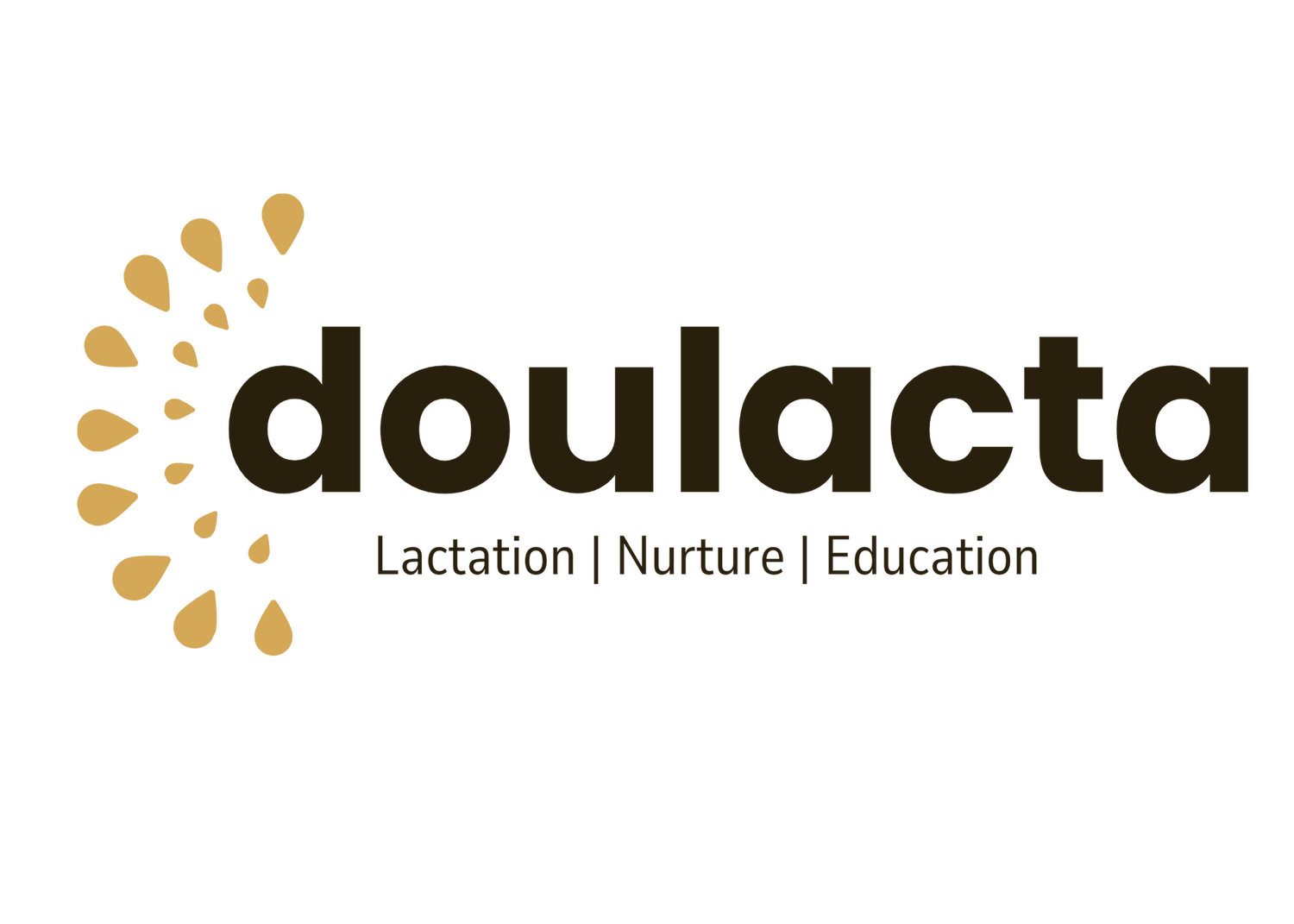FAQs
What is a doula?
A doula is trained support professional who provides emotional, physical, and informational care to families during pregnancy, birth, and the postpartum period. Unlike medical providers, doulas don’t give medical advice or perform clinical tasks, they focus on nurturing and supporting the birthing person and family.
What is a postpartum doula?
A postpartum doula specializes in the early days, weeks and months after birth. We support new parents with recovery, baby care, feeding, emotional well-being, and easing the transition into parenthood. Think of a postpartum doula as “mothering the mother” so you can heal, bond, and rest.
What is a certified lactation counselor (CLC)?
A lactation counselor — sometimes also called a Lactation Education Counselor, Lactation Specialist, or Breastfeeding Educator — provides evidence-based education and guidance on breastfeeding, chestfeeding, pumping, and all aspects of baby feeding.
A CLC is a professional who has completed formal lactation education and passed a national certification exam through the Academy of Lactation Policy and Practice (ALPP).
Lactation counselors focus on helping families build confidence and practical skills — from understanding milk production and latch to bottle-feeding and pumping. We offer gentle, hands-on support and reassurance for everyday feeding questions, and refer to IBCLCs (International Board Certified Lactation Consultants) for complex or clinical situations when needed.
What is an IBCLC?
An IBCLC (International Board Certified Lactation Consultant) is a healthcare professional with advanced training in the clinical assessment and management of breastfeeding and chestfeeding. They evaluate complex feeding issues such as latch difficulties, milk supply concerns, mastitis or oral restrictions and collaborate with other healthcare providers for diagnosis or holistic, family-centered care.
Do I need a CLC or an IBCLC?
It depends on what kind of support you need.
A CLC (Certified Lactation Counselor) can guide you through everyday feeding questions like latch, positioning, pumping, milk supply, or weaning, and help you build confidence in your feeding journey.
If your situation is more complex such as ongoing pain, slow weight gain, oral restrictions, or medical conditions, an IBCLC (International Board Certified Lactation Consultant) can provide clinical assessment and collaborate with your healthcare team to create a care plan.
At Doulacta, I work alongside IBCLCs, Physical Therapists, Pediatric Chiropractors, pediatricians, and other bodywork professionals to ensure families receive holistic, coordinated care for both baby and parent.
Do I really need a postpartum doula?
Postpartum can feel overwhelming, especially if you don’t have close family and friends nearby. A doula offers reassurance, practical help, and gentle guidance so you don’t have to “figure it all out” alone. Support may include simple meal prep, newborn soothing techniques, guidance with feeding, and helping your partner feel confident too.
How do I choose a postpartum doula?
Every doula brings her own style, background, and services. It’s important to reach out, ask questions, and find someone who feels like the right fit for your family. Take time to reflect on what you need most—whether it’s rest, feeding support, emotional care, or simply having a trusted person by your side.
A free consultation is a great way to see if the connection feels right before you decide.
Why attend a mom support group?
Parenthood isn’t meant to be done alone. Support groups create community, reduce isolation, and give you a safe space to share questions, struggles, and joys with other parents who truly understand.
Research shows that peer support improves confidence and well-being for both parents and babies. And sometimes, we simply need a reason to get out of the house—to be with other people, connect, and remember we’re not alone in this journey.
Do you take insurance?
Yes! I’m a Carrot Fertility–approved postpartum doula. Families with Carrot benefits can receive reimbursement for my postpartum doula services.
Contact your HR team or reach out to me for more details.
How did you get involved in women’s health ?
My journey began when I became a mom. With my first child, I felt alone and without a support network nearby—my family lived far away. I had prepared for the birth, but not for what came after. Breastfeeding, baby sleep, and even caring for myself were a surprise and a struggle.
I was lucky to have a birth doula, which gave me confidence during labor, but the biggest questions came in the postpartum phase. I don’t want other mamas to feel that same isolation. That’s what led me to this work: making sure parents feel seen, supported, and cared for, whether virtually or in person.
What’s a weighed feed?
A weighted feed is a simple, noninvasive check where I weigh your baby before and after a feeding using a calibrated pediatric scale. The difference in weight estimates how much milk was transferred. This gives us real-time insight into:
Latch and milk transfer
Whether intake matches baby’s needs
When to adjust positioning, pumping, or routine
Note: I provide the scale during in-home visits. Weighted feeds are included in all Lactation Coaching and Wellness Check visits.
